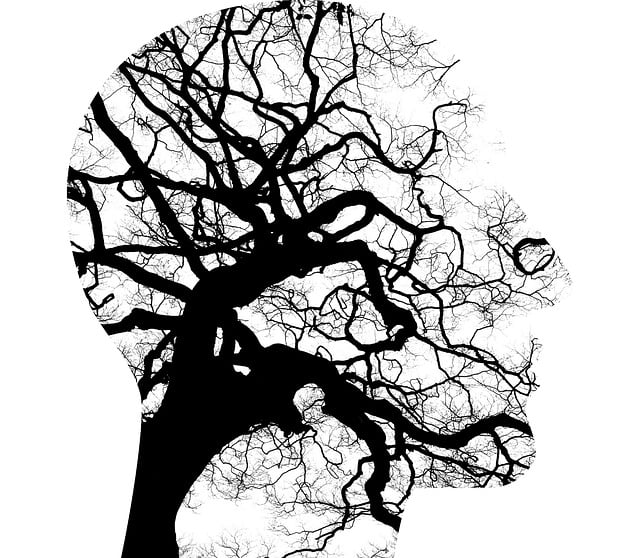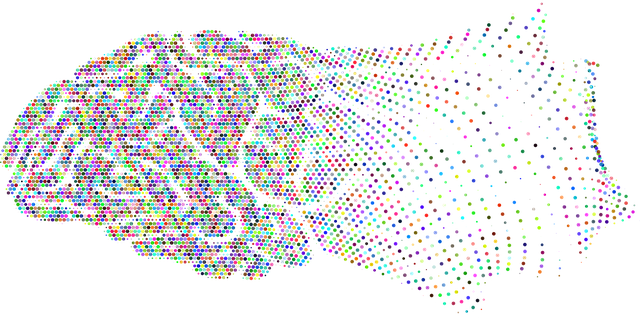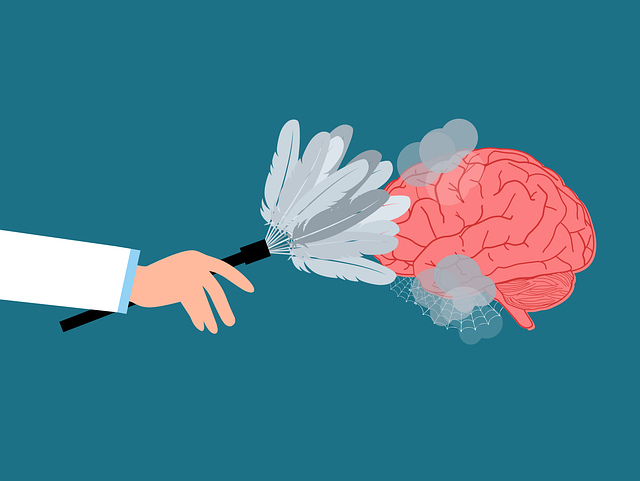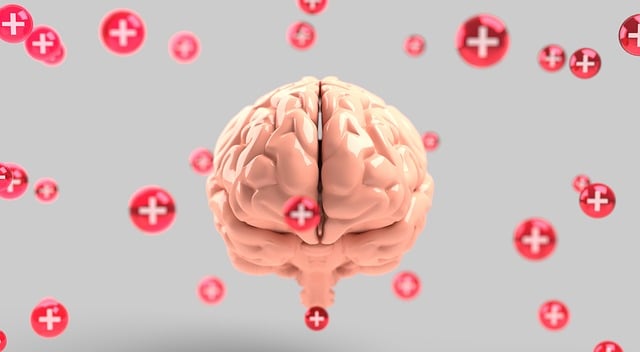Centennial Domestic Violence Therapy leads community outreach efforts to combat domestic violence through workshops, peer support, partnerships, and Mental Wellness Coaching Programs. Their integrated approach includes burnout prevention for healthcare providers and advocacy, normalizing conversations about mental health and violence. These programs address root causes, empower victims, reduce recidivism, and foster holistic healing in communities, with long-term benefits including improved mental health and healthier relationships.
Community outreach programs play a pivotal role in addressing domestic violence, offering vital support and education. This article explores strategies for implementing effective initiatives at the local level, focusing on the success and long-term benefits of Centennial Domestic Violence Therapy programs. We delve into understanding community engagement for prevention, highlighting innovative approaches that have made a significant impact. By examining these strategies, communities can enhance their response to domestic violence and foster safer environments.
- Understanding Community Outreach Programs for Domestic Violence Prevention
- Strategies for Effective Implementation at the Local Level
- The Impact and Long-term Benefits of Centennial Domestic Violence Therapy Programs
Understanding Community Outreach Programs for Domestic Violence Prevention

Community outreach programs play a pivotal role in addressing domestic violence, offering much-needed support and education to at-risk individuals and families. One such initiative, Centennial Domestic Violence Therapy, aims to create awareness and provide resources to combat this pervasive issue. By engaging with communities, these programs can help break down barriers and reduce the stigma often associated with seeking help for mental illness.
The implementation of such outreach involves various strategies, including educational workshops, peer support groups, and collaborative partnerships with local organizations. These efforts are designed to foster open conversations about domestic violence, depression prevention, and Mental Illness Stigma Reduction Efforts. Additionally, Mental Wellness Coaching Programs Development can be a game-changer, empowering individuals to take charge of their mental health and well-being. Through these initiatives, communities can create a safer and more supportive environment for those affected by domestic violence.
Strategies for Effective Implementation at the Local Level

Implementing community outreach programs at a local level requires strategic planning and tailored approaches to address specific needs. For organizations like Centennial Domestic Violence Therapy, focusing on building strong community partnerships is key. Engaging with local schools, community centers, and faith-based groups can help normalize conversations about sensitive issues such as domestic violence, fostering an environment of support and understanding. Incorporating interactive workshops and educational sessions led by trained professionals, including healthcare providers, can significantly enhance program effectiveness.
Incorporating Burnout Prevention Strategies for Healthcare Providers into these outreach initiatives ensures the well-being of those offering assistance. Self-Awareness Exercises and Compassion Cultivation Practices can be powerful tools to build resilience among community members and support staff alike, enabling them to provide more compassionate care. By integrating these practices, communities can create a sustainable and holistic approach to addressing domestic violence, promoting long-term positive change.
The Impact and Long-term Benefits of Centennial Domestic Violence Therapy Programs

The implementation of Centennial Domestic Violence Therapy programs has profound long-term benefits that extend far beyond immediate crisis intervention. These therapeutic initiatives are designed to address deep-seated issues, such as low self-esteem and trauma, that often underlie domestic violence. By providing victims with the tools and resources necessary for healing, these programs empower individuals to break free from abusive cycles and rebuild their lives. Research indicates that successful therapy can lead to significant improvements in mental health, including increased confidence and resilience, which are crucial components of long-term recovery.
Moreover, the impact of such initiatives is not confined to individual transformation; they also contribute to broader societal changes. Effective therapy can foster community healing and resilience by reducing recidivism rates and promoting healthier relationships. In tandem with Mental Health Policy Analysis and Advocacy efforts, these programs can help shape a more supportive environment where victims feel empowered to seek help without stigma. Additionally, the production of Mental Wellness Podcast Series can amplify these conversations, providing platforms for sharing stories of recovery and raising awareness about available resources—all integral parts of a comprehensive strategy to combat domestic violence and promote community well-being.
Community outreach programs, as demonstrated by the success of Centennial Domestic Violence Therapy initiatives, play a pivotal role in preventing domestic violence. By employing strategies that resonate at the local level, these programs can drive significant impact and long-lasting benefits for affected individuals and communities. Through tailored interventions and continuous support, such initiatives foster safer homes, stronger relationships, and healthier mental states, ultimately contributing to a more resilient and connected society.














